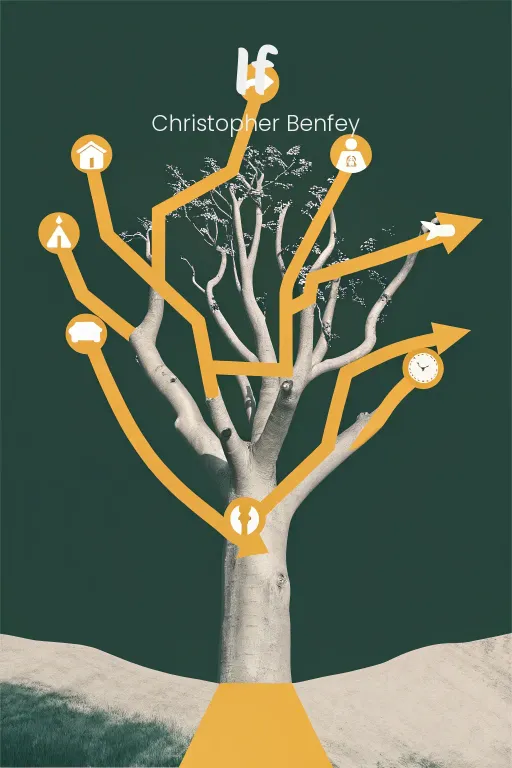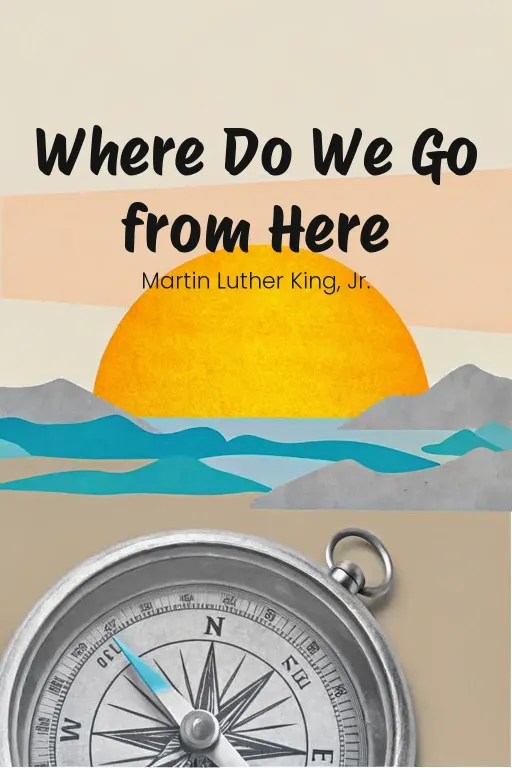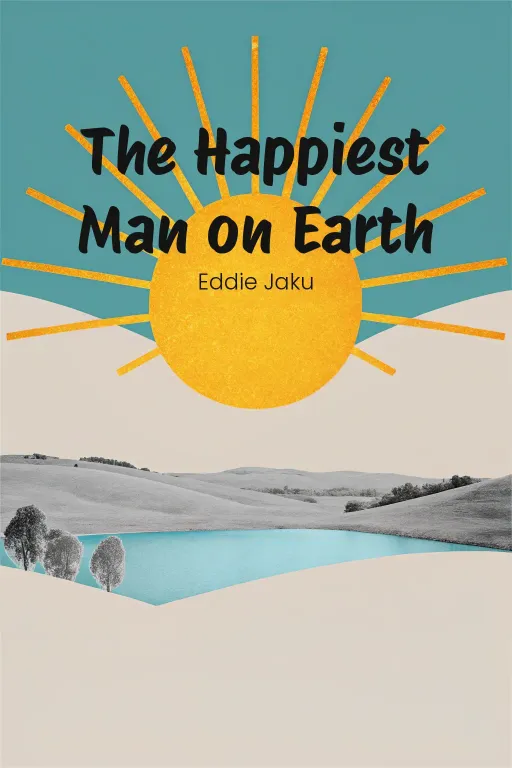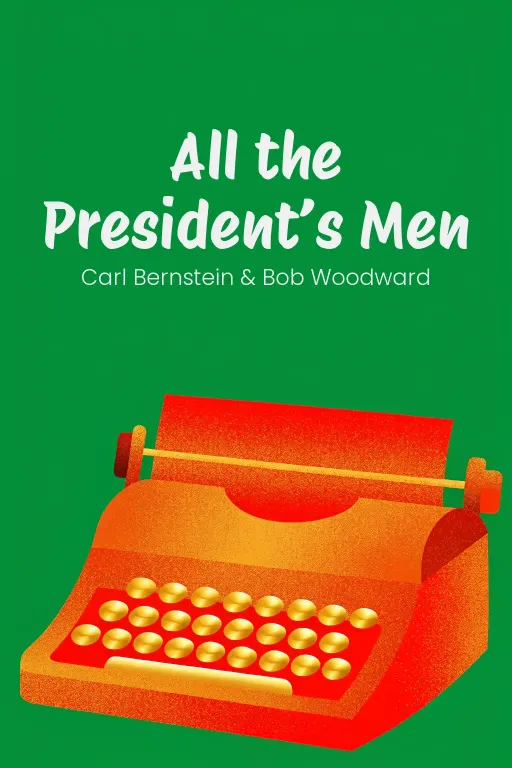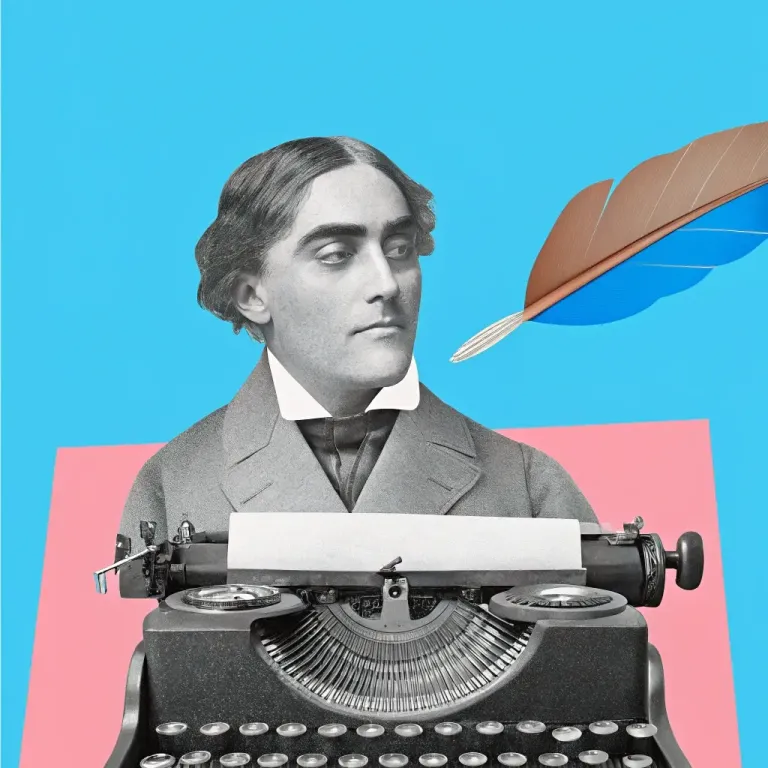
Kipling's American Crucible: Identity Forged
Podcast by Timeless Pages with Shakespeare and Austen
The Untold Story of Kipling’s American Years
Kipling's American Crucible: Identity Forged
Austen: "What a place this is!" Rudyard Kipling once said of America. Welcome, dear listeners, to Timeless Pages. I am Jane Austen, and today we explore Christopher Benfey’s If, delving into Kipling's fascinating, formative years across the Atlantic. Austen: Christopher Benfey’s If reveals Rudyard Kipling's crucial but often forgotten decade spent in Gilded Age America. The book explores how living there profoundly shaped his writing, his complex identity, and even his controversial views on empire. Imagine the celebrated young writer, fresh from chronicling British India, navigating bustling late 19th-century America. He mingled with figures like Mark Twain, all while grappling with a society full of innovation yet marked by inequality, vastly different from the England he knew. Austen: The most compelling theme, I find, is navigating a dual identity. Here is Kipling, a man forged by the British Empire, trying to find his place in the energetic, often confusing American scene. He was famous, yes, but also closely watched, embodying the paradox of literary brilliance mixed with the awkward politics of his background. This tension mirrored the America he saw: a land of great opportunity yet stark divides, defining itself against Old World traditions. Benfey argues this Gilded Age context – a time of rapid change quite unlike England's settled society – forced Kipling to confront his own beliefs. It enriched his perspective, leading him to explore characters caught between cultures, as in The Naulahka. This struggle feels remarkably current, doesn't it? So many today navigate the complexities of belonging to multiple cultures in our interconnected world. Austen: Why read this biography now? Benfey’s If is essential because it rescues a vital chapter of Kipling's life from obscurity. It reveals America wasn't just a stopping point, but a crucible that forged him. The book urges us to look beyond the simple caricature of Kipling as merely the ‘bard of empire’. We see a complex man grappling with fame, loss, and belonging. Consider this: Kipling was a global literary celebrity navigating the American social and media landscape over a century ago. Doesn't that remind you, perhaps unexpectedly, of today's online influencers? They too must carefully craft a persona across different cultures, balancing personal identity against public expectation, often facing intense scrutiny. Benfey shows Kipling wrestling with this very modern dilemma. It makes his story surprisingly relevant. Austen: Consider Kipling, caught at a fascinating crossroads of culture and self-discovery. A reminder that where we are can shape who we become. Until next time on Timeless Pages.
